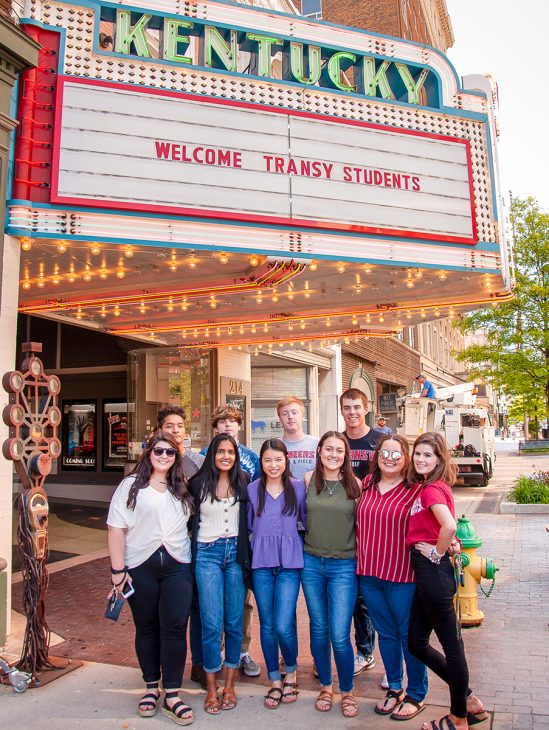
Subtitles in movies are not the deal-breaker they used to be among young people.
Transylvania University professor Liz Corsun, who said today’s college students are more likely to watch films from around the world, is taking advantage of their growing taste in global cinema — as well as their natural love of movies in general — with the creation of a film studies minor.
This fall, Pioneers will begin taking advantage of the five-course program approved by faculty this past spring. Classes include the required Introduction to Film along with four electives, from Arts of Anime to French Cinema Culture to Classics and Film.
“It’s very much what students are doing. We’re not trying to drag them to something — they’re there,” Corsun said.
Film is an important way for students to engage with both other cultures and their own, gaining knowledge they’ll need to succeed in the global economy. These impactful audio-visual narratives are also a way to learn life lessons and open up debate on topics like ethics and aesthetics. “It’s such a great way to connect with students and think about those big questions about life,” Corsun said.
Exploring difficult topics through film — even intense genres like South Korean horror — allows students to face them in a familiar art form (where they can watch things from a safe distance).
Grappling with tough questions, after all, is an important part of a liberal arts education — as is taking an interdisciplinary approach to learning, which this new minor does. Faculty from various fields who’ll teach the classes are “uniquely situated, given their expertise” to help make the new program successful, Corsun said.
Film studies, which is a discipline in its own right, ties into not only culture but also history and technology — e.g., the Industrial Revolution made it possible, and digital cameras have changed the way stories are told.
Corsun, an English professor and Victorianist by training, sees her interest in narrative theory as a natural transition into teaching film. While leading related classes, she saw student interest reach a critical mass for the minor … and possibly a major sometime down the road.

